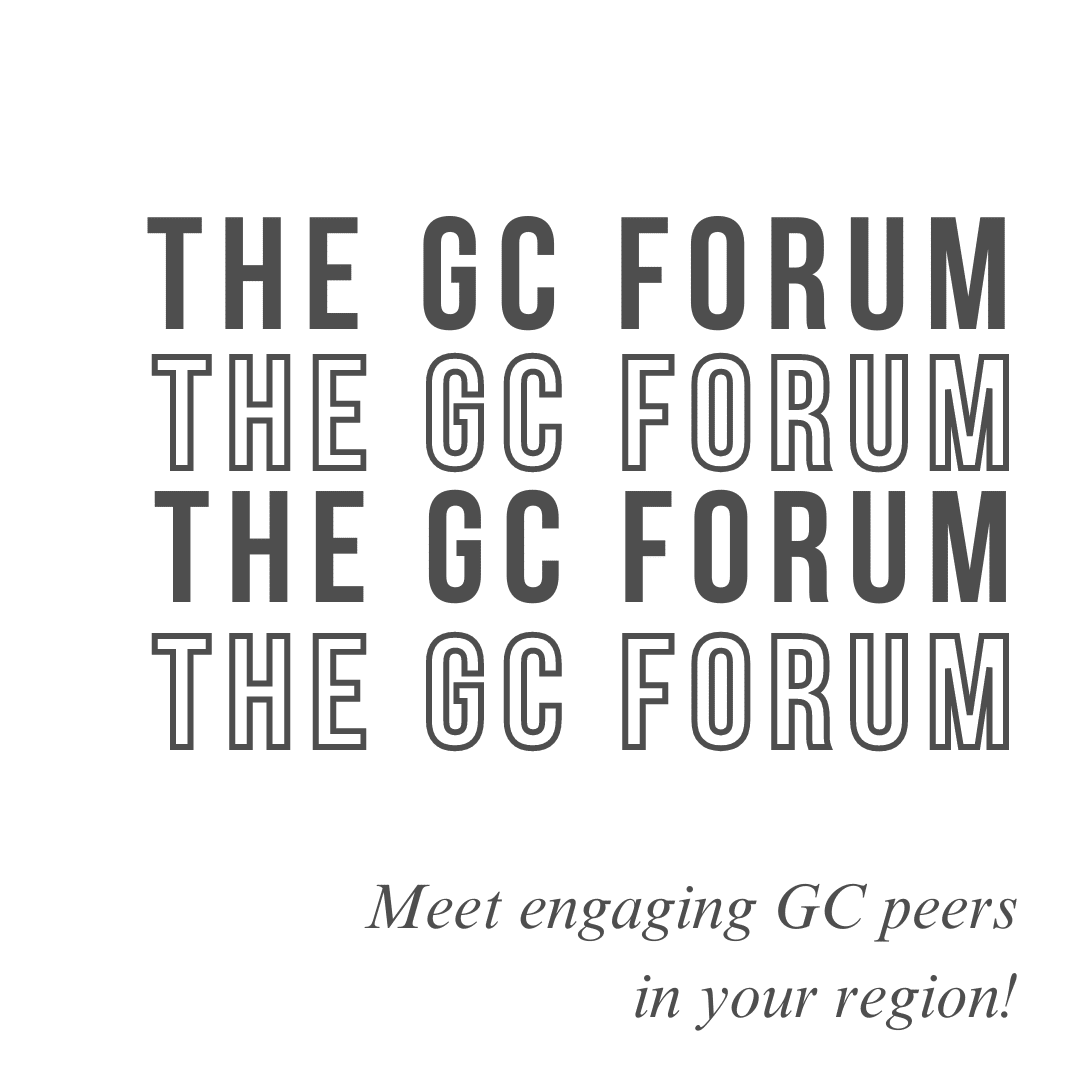If you had to plan a party with your entire company, it would not be an easy task. You’d have to connect with departments you rarely speak with, assign tasks using a myriad of communication channels, and set deadlines others may or may not meet.
While you don’t have office-wide parties in the future, you need that same level of collaboration every time you draft a contract.
Contracts can easily involve nearly half of your company in some way, from those drafting the contract to the executives signing them. Sending a contract off and hoping everyone does their job is not an efficient way to manage your contracts. It’s time to incorporate contract lifecycle management (CLM) to stay on top of your contracts.
Learn the benefits of contract lifecycle management and how to incorporate a reliable system into your business.
Key Takeaways:
- Contract lifecycle management tracks contracts at every stage, automating the next step.
- CLM improves your efficiency so you can cut costs while speeding up processes.
- Use leading software to automate your contract management, remain compliant, and reduce errors.
What Is Contract Lifecycle Management?
Contract lifecycle management oversees contracts and their lifecycle from initiation through completion. It manages every stage so you can achieve optimal efficiency.
A company that prioritizes CLM will see a faster contract lifecycle, including receiving payment sooner, timely responses, and more on-time contract approvals. CLM also improves productivity because you streamline the process, automate your flow, and ensure everyone knows their role in the contract’s lifecycle.
Key Stages of Contract Lifecycle Management
Contract lifecycle management oversees contracts through their six primary stages:
- Initiation: Draft, review, and define contract terms.
- Negotiation: Work with all parties as you finalize the terms and conditions.
- Approval: Gain necessary internal approval before execution.
- Execution: Receive the required signatures to establish the contractual relationship.
- Compliance: Monitor the contract to ensure all parties adhere to the contract terms.
- Renewal or Termination: Add contract extensions or concluding agreements to wrap up the contract term.
Benefits of Contract Lifecycle Management
Why does a legal department need a contract lifecycle management process and systems?
Improves Efficiency
Contract lifecycles are complex processes that involve nearly a third of the average workforce along the way. Additionally, in 40% of organizations, no one knows who is in charge of contracts.
Due to these statistics, it’s not a surprise that 89% of organizations label their contract process as ineffective.
CLM improves efficiency by automating routine tasks. For instance, document creation and approval legal workflows speed up those steps of the contract’s lifecycle so it can keep moving. Having a set process also helps parties know what they’re responsible for, receive notifications when they need to act, and track where the contract is in its lifecycle.

Enhances Collaboration
Contracts involve multiple parties, which can cause a sticky mess if everyone isn’t on the same page.
CLM removes communication barriers while improving collaboration. Each key member can track where the contract is and receive on-time responses to their actions. This collaboration keeps the process moving and avoids expensive delays and communication bottlenecks.
Reduces Risks
CLM helps you stay on top of deadlines and automates document review. You can also monitor compliance to reduce the chances of errors or legal breaches.
How to Incorporate an Effective CLM System
A surprising 65% of legal teams don’t use contract management tools.
What’s holding a business back?
Often, it’s a combination of:
- Resistance to change
- Integration challenges
- Lack of standardization
- Limited adoption across the company
- Poor data quality
If you can overcome these challenges by encouraging company-wide adoption of CLM systems and updated software that can support high-quality data and integrations, you’ll significantly improve your contract lifecycles and productivity.

Use these five steps to incorporate CLM into your legal department.
1. Assess Your Business Requirements
What do you need as a business?
Contract lifecycle management looks different for each business, depending on the types of contracts you handle, who you work with, and the outcomes of those contracts.
Understanding your business’s unique challenges, where you could use more help in the contract lifecycle, and the outcomes you want will help you build a process customized to your business.
For example, once you know the steps your contracts undergo, you can automate those steps and what happens next instead of waiting for the contract to move on manually.
Choose a CLM system with advanced analytics for access to the insights you need about your business and processes to customize your legal workflow.
2. Train New Users
When you choose contract automation software for CLM in your business, train your team to use that software.
CLM only works if everyone is on board with the new system. Extensive training ensures everyone knows how the system runs, how to perform their duties within the workflow, and how to automate additional tasks to keep the system running smoothly.
Also, keep your team informed on the latest compliance rules so they can ensure the CLM follows those rules.
3. Customize Your Legal Workflow
When you choose a CLM software or tool, customize it based on your business assessment.
Think through the six stages of a contract’s lifecycle and write those stages down on paper. Then, customize each stage to how it looks in your business.
For instance, who do you need approval from in your business?
Once you know who needs to sign off on a new contract, you can input those decision-makers’ contact information in the workflow so they receive notifications once a contract is approved. Then, they must sign into the system, review the contract, and sign off to keep it moving in the legal workflow automation.
4. Prioritize Security
You must establish security protocols when information moves between several parties in an automated workflow. The security measures redact, remove, or restrict private information to protect other parties and avoid data breaches.
You also want to ensure the proper information is encrypted during the contract lifecycle so no hackers can access the data while contracts move between different departments.
Quality CLM software will have these security measures in place, so that’s one less area you need to worry about.
5. Continually Improve
Contract lifecycle management is an ongoing process. It isn’t a game of dominoes that you set into motion and then sit back while it moves on its own.
Even though your contract workflow moves automatically, you should continually go back and audit your workflow. Check for any areas where contracts get held up or when errors are most commonly introduced.
When you identify these weak areas, you can adjust your workflow and system to avoid those weaknesses.
Keeping your CLM updated also updates the technology you use. With all the attention on AI, you can expect notable changes within the next year or two. AI runs most of your contract’s automated lifecycle, so you’ll want to keep the pulse of AI’s updates and then see how to use those updates in your workflow.
Prepare for the Future of CLM
Contract lifecycle management powers your legal team so you can keep up with larger workloads without compromising your quality. A quality CLM system helps you meet deadlines, effectively communicate with all parties, and improve your contract accuracy.
You can say goodbye to costly bottlenecks and mistakes while handing off most of the labor to your CLM system.
Are you not sure which system is right for you?
Exigent offers the latest technology and software to support all your contract lifecycle management needs. We support every stage of the contract lifecycle with one easy-to-use service, so that’s less work on your plate and more time to focus on core business tasks.
Contact us to learn more about our CLM services.
Need a little more support in your legal transformation journey? Join the GC Forum
 What is the GC Forum?
What is the GC Forum?
The GC Forum is a peer-to-peer community exclusive to corporate legal on legal transformation best-practices.
Hear war stories, successes, and tales of radical leadership to achieving legal transformation from GCs around the globe.
Join your region to get insights and contribute yours during closed-door GC Forum virtual roundtable sessions, workshops, and quarterly in-person conferences and social events.
To become a member register below….
Upcoming Events
| GC Forum USA: 9 Nov, 11am EST |
|---|
 |
| Navigating the ESG Horizon: What’s Next for GCs |
| Guest Speaker: Christine Uri, Advisor to In-House Legal Team on ESG, Fr. Chief Legal Officer, Top 100 Leader in Sustainability |
| RSVP Here |
| GC Forum APAC: 30 Nov, 9am AEST |
|---|
 |
| Setting the Stage for AI in Your Legal Department: How to Prepare, Launch and Integrate the Use of AI into Your Workflows |
| Guest Speaker: Nina Stamell, GC of MyHealth.net.au |
| RSVP Here |
| GC Forum AUS / APAC: 15th Feb, 8am-9am AEST |
|---|
 |
| The T-Shaped Team Framework: Why the T-Shaped Lawyer vision offers a game-changing new direction for your department |
| Featured Speaker: Peter Connor, 20 Years General Counsel Experience, Author, Speaker, Coach, Founder and CEO of Alternatively Legal |
| RSVP Here |
About the Author:
Exigent delivers scale, expertise, and insights that generate bigger returns for CLM – Contract Lifecycle Management, Legal Spend Management, e-Billing, Due Diligence, Document Review, eDiscovery and Litigation Support, Commercial Services, Regulatory & Compliance, Outsourced Legal Administration, and Legal Tech Design.
Follow us on LinkedIn and Twitter to transform the way you do legal.
















